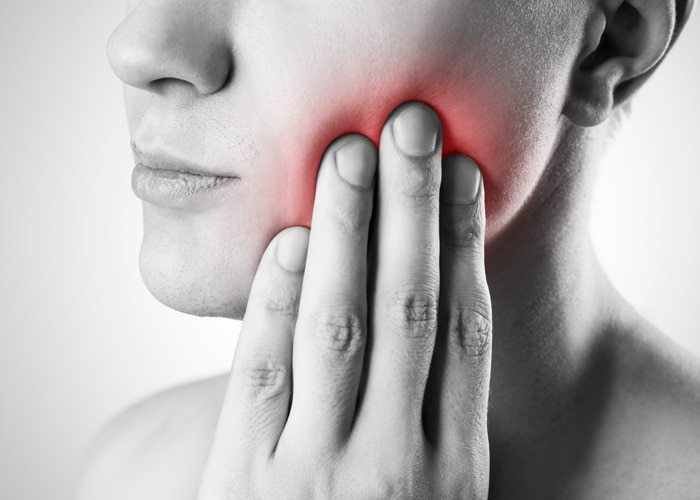Safety Information
At Auburn Avenue Dental, our goal has always been and will continue to be the health, safety, and well-being of our patients.
Our team is very excited to announce that we will be restoring all aspects of care for our patients. As of May 19th, we will be open from 8am to 5pm and we will be fully staffed and available to care for most of our patients.
It is our greatest priority is maintaining the safety of our patients during this time. As such, during the ongoing COVID-19 outbreak, we have taken the following steps to ensure the safety of our patients and staff.
- Virtual Lobby – We will practice limited use of our reception area. We ask that patients call us at 253-833-3680 upon arrival in the parking lot. We will then let you know when to enter the office. We ask that any family members remain outside the office.
- Social Distancing – We have expanded appointment times to limit the number of people in the office at any given time and reduce exposure.
- Screening – We will ask staff and patients general health questions, and some specific to COVID-19 symptoms (cough, sore throat, aches) as well as inquiries about recent travel and exposure risk/history. We will also take the temperatures of staff daily and of patients upon arrival at the office to screen for fever. Those with elevated temperatures will have to plan to visit the office another time or be tested for COVID-19.
- Mouth Rinse – We are taking the extra step of providing a peroxide-based mouth rinse for patients to use before treatment.
- Standards – We use industry recommended PPE standards (gloves, masks, gowns, shields) and strictly adhere to hand hygiene, surface cleaning and sterilization protocols for your safety.
- Office Surface – All frequently touched surfaces (doorknobs, chairs, phones, etc.) are sanitized every hour.
- Virtual Paperwork – We are encouraging all patient to fill out applicable paperwork via virtual interfaces, when available.
You can rest assured that our safety measures will remain in place and continue to evolve as more necessary, in the interest of protecting our patients. Please let us know if you have any questions and we would be happy to provide additional information.
We look forward to continuing to safely serve your dental needs.
Thank you!
Auburn Avenue Dental Team



